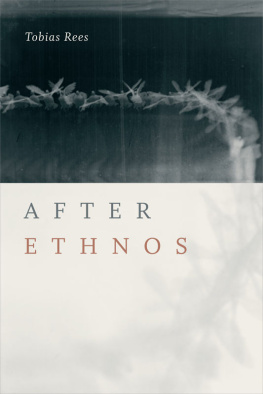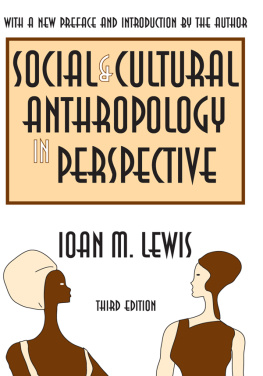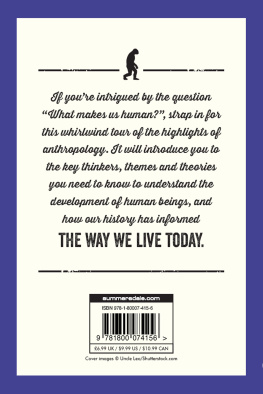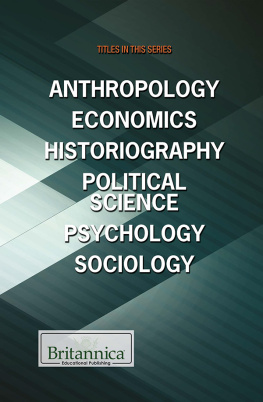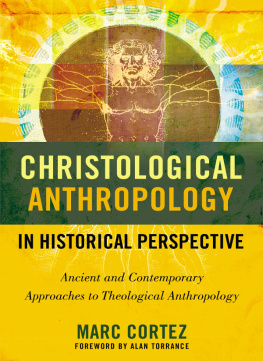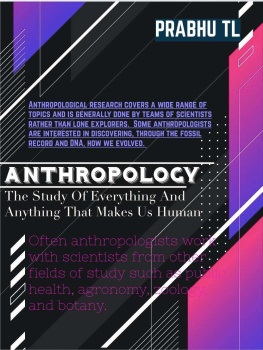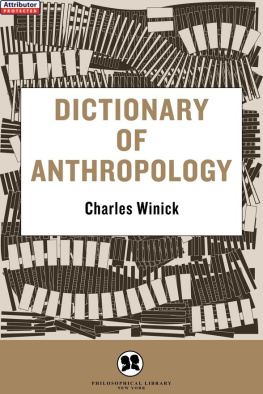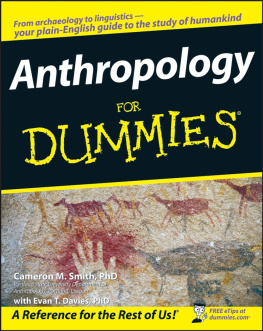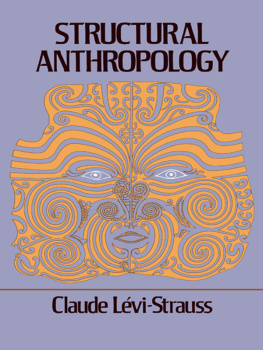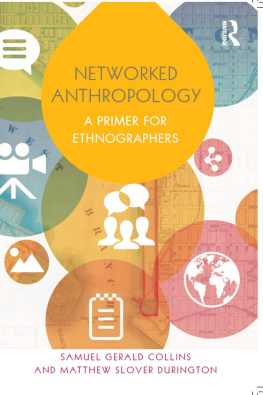After
ETHNOS
____
TOBIAS REES
Duke University PressDurham and London2018
2018 Duke University Press
All rights reserved
Printed in the United States of America on acid-free paper
Designed by Courtney Leigh Baker
Typeset in Whitman and Myriad Pro by Copperline Books
Library of Congress Cataloging-in-Publication Data
Names: Rees, Tobias, author.
Title: After ethnos / Tobias Rees.
Description: Durham : Duke University Press, 2018. | Includes bibliographical references and index.
Identifiers: LCCN 2018008240 (print) | LCCN 2018010132 (ebook)
ISBN 9781478002284 (ebook)
ISBN 9781478000617 (hardcover : alk. paper)
ISBN 9781478000808 (pbk. : alk. paper)
Subjects: LCSH: Anthropology. | AnthropologyPhilosophy. | Ethnology.
Classification: LCC GN33 (ebook) | LCC GN33 .R44 2018 (print) | DDC 301dc23
LC record available at https://lccn.loc.gov/2018008240
Cover art: tienne-Jules Marey, Analysis of the Flight of a Seagull, 1887. Etienne-Jules Marey/Dpot du Collge de France, Muse Marey, Beaune, France.
to my mother (19502012),
who escaped in her very own way(s).
____
and to J (2003) and C (2008),
whose lines of flight
I hope to follow
until my own final escape.
contents
- ____
- ____
- ____
- ____
- ____
what if the equation of anthropology, study of things human, with ethnography, the study and description of an ethnos, were a recent event? And what if one set out to undo this equation? If one were to cut loose the former from the latter?
Actually, what if one were to not only cut looseliberateanthropology from ethnos/ethnography/ethnology but also from the human tout courtfrom the in its aspirations time and place independent conception of the human as Man that first surfaced in the seventeenth century and that has since marked the condition of possibility of the human sciences (chief among them anthropology)?
What wouldwhat couldan anthropology after ethnos / after the human look like? What if ?
This much I learned: Every relation one has, offers a singular possibility to actualize ones beingone no other relation can offer. The powerful implication of this observation is that it is through relations that one is in the world. No relations, no self. Acknowledgments, then, the maps of relations they are, are akin to a map of ones history of being, of being in the world.
IT IS AN EXTRAORDINARY honora joyto acknowledge the different relationships that have been constitutive of my being in the world (with the world) that have made this book possible.
The first time the idea for a book on anthropology after ethnos occurred to me was on an extremely cold Montreal winter day, in a terribly overheated room, where Drte Bemme, Raad Fadaak, Kristin Flemons, Fiona Gedeon Achi, and Julianne Yip kept insisting that I better explain the difference between ethnography and fieldwork. Why would this difference matter for anthropology? What does after ethnos mean? How could one even fathom anthropology beyond culture and society? Or after the human? These were the early days of our thought collective. Adam Fleischman later joined us.
I want you all to know that I cant quite put in words the gratitude I feel for our clandestine conversations, for your complicity, for your challenges and your care, for your friendship. Your questionsand your visitssustained me, sustained my sense of self. And your encouragements gave me the hope that some of the ideas that I found myself intrigued by could matter. I add that none of these ideas would have assumed the form they assume in this book without you.
Thank you.
Of similar importance was the friendshipand mentorshipof George Marcus. George, more than anyone else, has encouraged me to distinguish fieldwork from ethnography (from the field-based study of an ethnos). George and I are working together on an edited volume on fieldwork after ethnos that I hope will soon be publishedas a document of our friendship, as an exploration of possibilities that exceed whatever I write in this book.
I also want to mention here my heartfelt gratitude to Setrag Manoukian: your sense of poetry often carried meand the elegant ease with which you render visible beauty in the unexpected often provided me with a shelter. I wish I had told you more often. And earlier.
Without Mara Eagle, without our countless conversations, the flights taken in this book would lack the wild intensities that only Mara can give to things. Our atlas project is the future.
I had the extraordinary fortune that friends near and far found After Ethnos provocative enough to organize podium discussion and workshops about the book when it was still in a manuscript state: George Marcus at UC Irvine; Vincanne Adams, Ian Withmarsh, and Sharon Kaufman at UCSF; Nancy Chen at UCSD; Mette Nordal Svendson at Copenhagen; Janet Roitman, Nikolas Langlitz, and Miriam Ticktin at the New School; and Johannes Quack and Sandra Brnreuther in Zrich.
Thank you for inviting me, for providing me with the opportunity to discuss the ideas outlined here with you and your colleagues, and for exposing me to your exceptional students who derailed me and caught me off foot more than once.
I also had the great fortune to discuss the manuscriptor some of the ideas contained thereinwith Lawrence Cohen, Peter Redfield, Stephen Collier, Janina Kehr, Ellen Hertz, Townsend Middleton, Stefan Helmreich, Gregor Dobler, Laura Emdal Navne, Mie Seest Dam, Iben Mundbjerg Gjdsbl, Katherine Lemons, and Yves Winter.
Fiamma Montezelomo has been an unfailing guide: Her words of wisdom and her calls to arms carried me when everything seemed to fail.
Ian Withmarsh read several versions of the manuscript. And Ians readings not only made the manuscript much better, he also encouraged me more than anyone else to push the implications and to follow them.
Paul Rabinow has been there (almost) since the start. As everyone who can read can see: I owe him more than I can put in words. He was the first to teach me that anthropology is more than ethnographyand he was the first who pushed me to explore my own lines of thinking. Our ongoing work of freedom means the world to me.
I would also like to thank Fritz W. Kramer, who encouraged me to state loud and clear that classical modern ethnography is a matter of the pastjust like classical modern art or classical modern architecture; Allan Young, for our daily conversations about an intellectually oriented anthropology; and Abe Fuks, for everything.
At Duke University Press I want to thank Elizabeth Ault, Stephanie Gomez Menzies, Sara Leone, and two anonymous reviewers, whose encouraging and questioning comments greatly improved the manuscript. Above all, however, I want to thank Ken Wissoker, whose care for author and text is of a kind that I have never experienced before: Ken read, Ken replied, Ken directed, Ken intervened, Ken suggested. Thank you indefinitely, Ken, for taking me seriously, for engaging me, for providing orientation, for taking me on.
Alberto Willi Sanchez and Tarek Elhaik are my best friends in the world. As Cicero knew: Virtue creates the bond of friendship and preserves it. For in her is fidelity; and when she has raised her head and shown her own light in another, she moves towards it and in turn receives its beams; as a result love or friendship leaps into a flame; for both words are derived from a word meaning to love. But love is nothing other than the great esteem and affection felt for him who inspires that sentiment.

